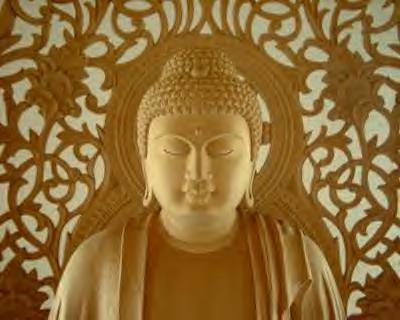quote:From: here
Our search to understand the true nature of the self has long engaged science and religion in a tug of war, but as studies examining the health benefits of prayer and meditation continue to emerge, their collaboration seems obvious for a holistic approach to life. Advances in neurobiology and medicine allow us to delve into the inner workings of the brain to find answers to our age-old questions. Doctors and clergy work hand in hand toward patients’ well-being. Many medical schools offer courses in spirituality, and divinity programs often include psychology requirements.
From one of their stories:

quote:Today, mind-body practices such as meditation and yoga are ubiquitous. Gyms offer classes and doctors prescribe them for conditions ranging from stress and allergies to cancer and rheumatoid arthritis. According to a recent Harvard Medical School study, more than one-third of Americans use at least one form of complementary and alternative medicine, now known as CAM.
While athletes and celebrities have helped popularize these practices, the techniques are anything but New Age. Dating back to the early Hindus and Buddhists in the sixth century B.C., people have used mind-body approaches to become more attuned with nature, the divine and themselves.

http://www.stnews.org/package-10-intro.htm


 In the first half of the 18th century, the immaterialists battled the materialists. Immaterialism states that no substance is mindless. In order for something to exist, it is either perceived by the mind or is the mind itself. Therefore, the mind and the body are not separate because the body is merely as the mind “sees” it.
In the first half of the 18th century, the immaterialists battled the materialists. Immaterialism states that no substance is mindless. In order for something to exist, it is either perceived by the mind or is the mind itself. Therefore, the mind and the body are not separate because the body is merely as the mind “sees” it. 


